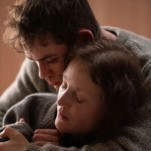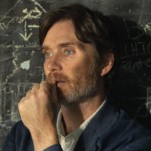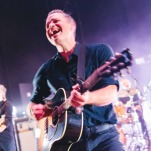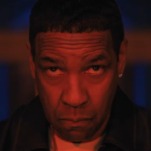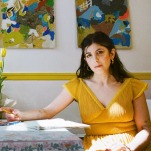David Gray
If you’ve ever been to New York City, you immediately become aware of the constant bustle, the full-speed-ahead rhythm of life. Horns are angrily honking, tires screeching, everywhere words (pleasant and harsh) are being exchanged—sounds building toward an unseen climax. David Gray’s last three albums seem to suggest a movement away from this kind of lifestyle; the techno beats and upbeat ballads of White Ladder have been replaced by slow motion, spiraling piano opuses.
But sorrow is not always a bad thing. It creates tension in songwriters, moving them to confront the feeling lyrically. In fact, the drearier Gray’s music gets, the better it becomes. “Nos Da Cariad” is one of the finest examples from his latest album, Life in Slow Motion. A dour song with an up-tempo beat, it includes the lyric “A bucketful of Babylon / a belly full of hate.” Gray is still torn between the happiness of his past successes (White Ladder) and life’s tragedies (the death of his father).
Tonight, Gray and his five-piece rock orchestra—an ethereal female vocalist who plays the electric cello, a guitarist/keyboardist, a guitarist/pump-organist/programmer, a drummer and a bassist—are playing Radio City Music Hall in midtown Manhattan. This isn’t your average rock ’n’ roll venue: 84-foot terraced ceilings, 25,000 house lights and the largest gold stage curtain in the world. But this isn’t your average crowd, either: the absence of the grubby hipster or rich college kid is slightly disconcerting—everyone in attendance seems older and dressed nicely for the occasion.
-

-

-

-

-

-

-

-

-

-

-

-

-

-

-

-

-

-

-

-

-

-

-

-

-

-

-

-

-

-

-

-

-

-

-

-

-

-

-

-



































